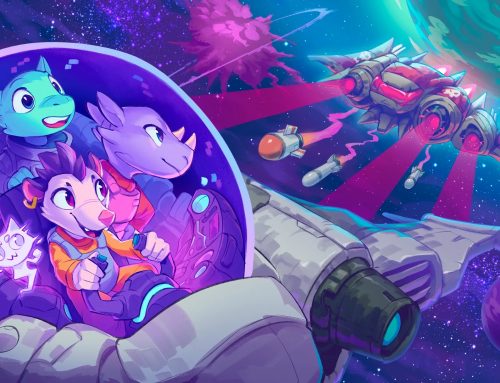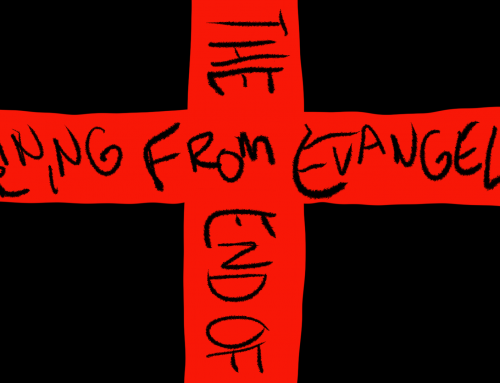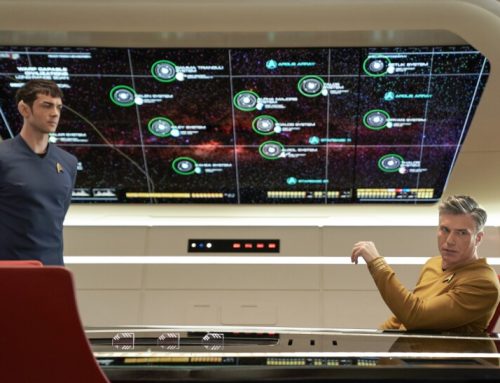It’s a new year. And with that new year I’m running through my creative works-in-progress. Evaluate, stop, go, that sort of thing.
At any given time I’m ‘marinating’ several stories. I’ve talked in a YouTube video how there’s a moment a project feels right to me to begin real work on it. Before that it’s marinating. All the stuff in my brain is just soaking into each other and I keep adding bits until something clicks. Until that foothold forms and I can climb.
Lots of metaphors over here too, apparently. When a project is getting warmer and it’s clear it’s almost ready, I’ll start mentally shuffling in other elements. What if I took this thriller comedy set in the present day and introduced some cyber-hipster-y elements to it? Pull an ‘It Follows,’ if you will. What if I drop the supernatural angle? What if it’s more like ‘The Long Goodbye?’
There’s a skill in there, and it’s one I think every storyteller uses, but it doesn’t get talked about much. The skill is to step back and let your lizard brain make a sort of instinct tapestry from your pile of ideas. It’s like how fortune tellers toss the bones onto a cloth, and let their mind tie it all together into a story, with tone. The practice gives you (hopefully) a shred of context.
A friend is a cinematographer. Does a pro cinematographer want to work on projects with super high-end camera gear? At a certain level, like my friend, they’d rather have something interesting to shoot. They’d rather have production design. Every music video they’re hired for is a beach shoot with an extremely nice camera and lenses…that they shoot handheld on the same beach. Without the ability to step back, to see how it all might fit together, we’re just going to make the same thing everyone is making.
There’s no right answers in the bones, by the way. You can swing for the fences and it’ll all fall apart. But I believe that skill is invaluable, the way you can arrive at something truly interesting.




